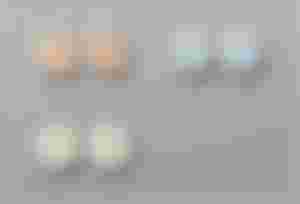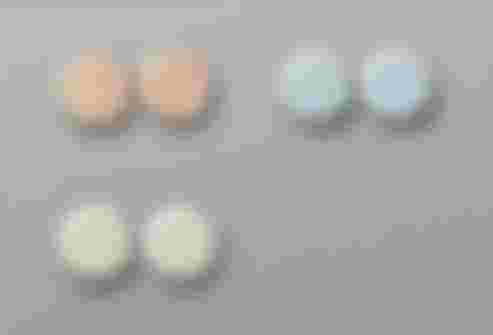It's about time to give these minuscule creatures the love and attention they deserve!
Most of us were taught that bacteria and fungi cause nothing but diseases and are considered to be germs. While it may be true for most cases of virus without vaccines, it does not hold entirely true for the aforementioned species. You see, microbes live in and on everything that surrounds you so it is impossible to entirely wipe out these creatures. For part 1 of this short appreciation segment, I would like to start off with microbes and their roles in the pharmaceutical field. It will not suffice that people only know that penicillin comes from a fungi.
Roughly 2/3 of the available drugs found on your pharmacy counter tops come from nature, specifically microbes. As much as pharmacists try to escape nature by formulating medicines in the laboratory, it has become an undeniable notion that nature-derived drugs are far more bio-compatible for consumption than those merely formulated from multiple step reactions and far cheaper that it can be produced rapidly and on a larger scale. It is all thanks to the very misunderstood microbes.
For now, I'd like to list down commonly bought medicines
Lovastatin is used for lowering LDL cholesterol or what is called the bad cholesterol. Various fungi such as Aspergillus (A. terreus) species, Monascus (M. ruber, M. purpureus, M. pilosus, M. vitreus, M. pubigerus and M. anka) species, Paecilomyces viridis and Pencillium (P. citrinum) species have been found to produce lovastatin

Cyclosporin A, a powerful immuno suppressant used following organ transplant to overcome the issues of organ rejection by the new host, was initially found from Tolypocladium inflatum. It's also used to treat a variety of autoimmune diseases.
Insulin, the hormone used for glucose regulation in the blood, which was formerly produced from animal pancreas are now grown in the lab inside common bacteria Escherichia coli as the most widely used type of bacterium, but yeast is also used.
Riboflavin (vit B12) is essential for growth and reproduction in man and are yielded from various bacteria, fungi and even yeasts. Production yielded for this vitamin alone reaches around 2,500 tonnes per year wherein a 50% of those were derived from microbes
Beta-carotene is what is widely advertised to be good for your eyes but production of these also involve the help of the bacterium Blasklea trispora since a majority of humans fail to consume enough orange-ish vegetables and fruits that can supply us with the needed nutrient
Citric acid or the ever needed Vitamin C which is consumed on the regular to prevent scurvy and also to boost cellular metabolism in the body. This product is made in bulk thank to Aspergillus niger
In addition to this short post, I just find it funny that microbes produce chemicals that kill other microbes, this which we now as antibiotics.

great article microbes shouldn't be viewed as monsters but as miracles thanks for giving them some good press.
P.S Viruses have some medical uses as well such as (ARV) anti retro virals and gene replacement therapy.